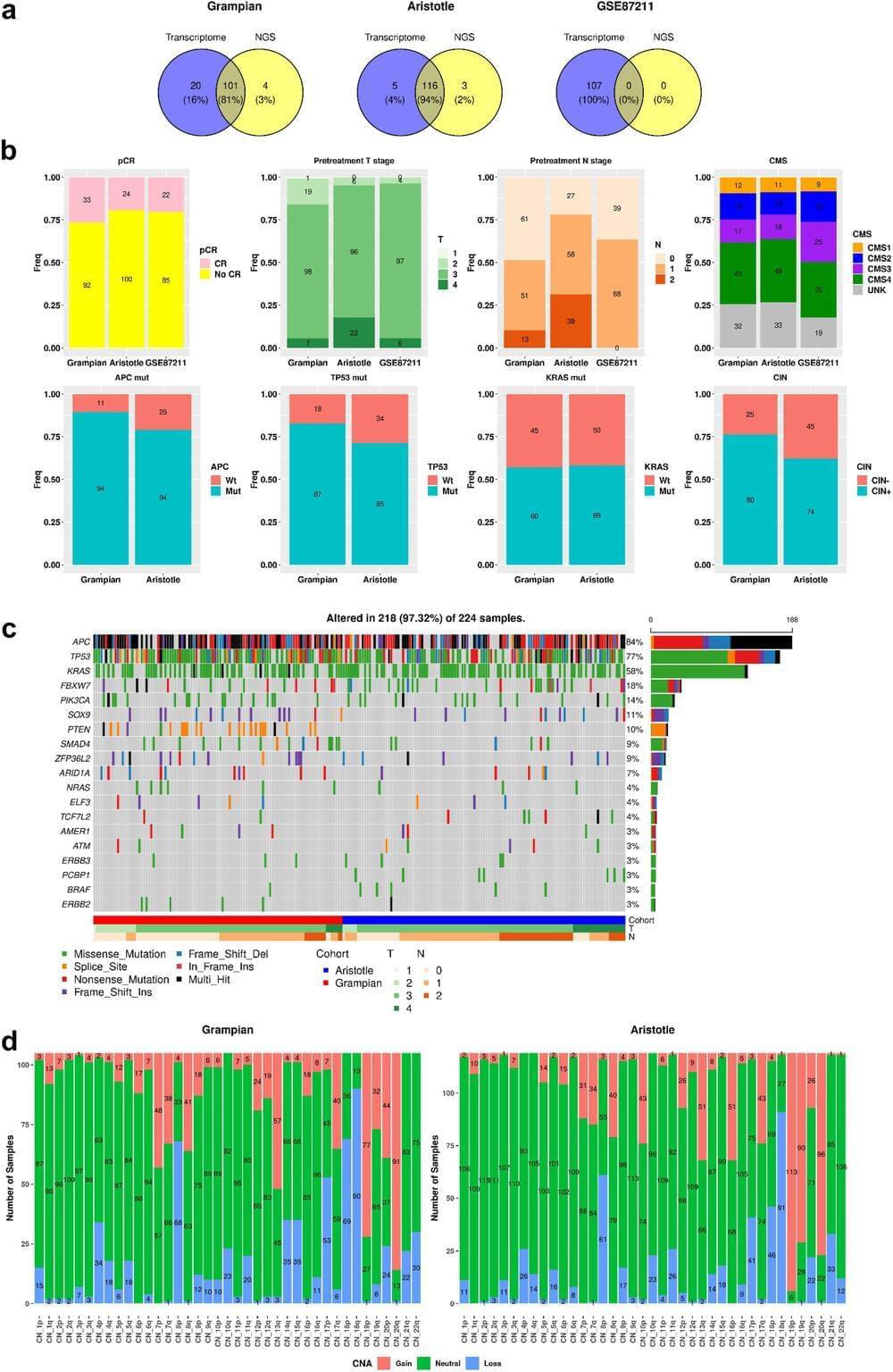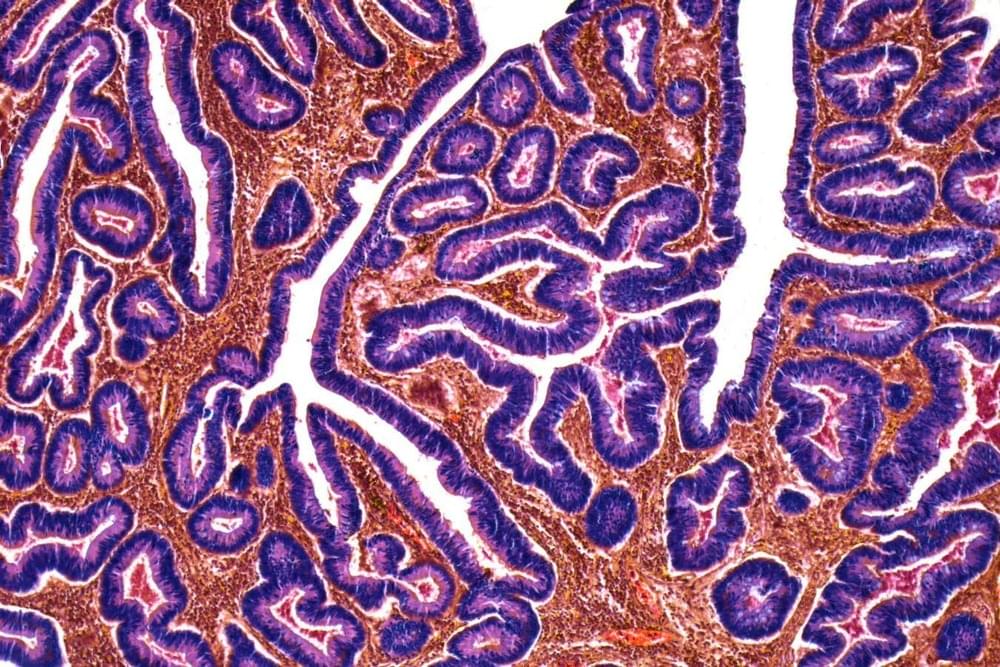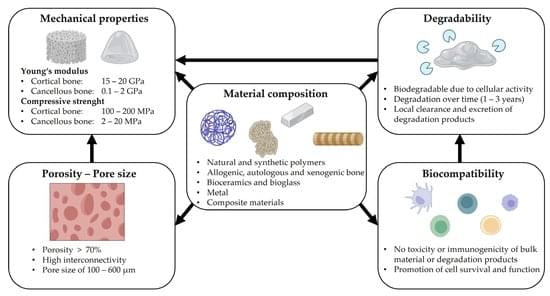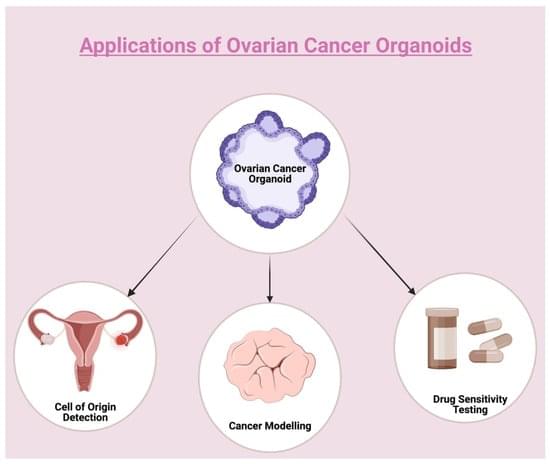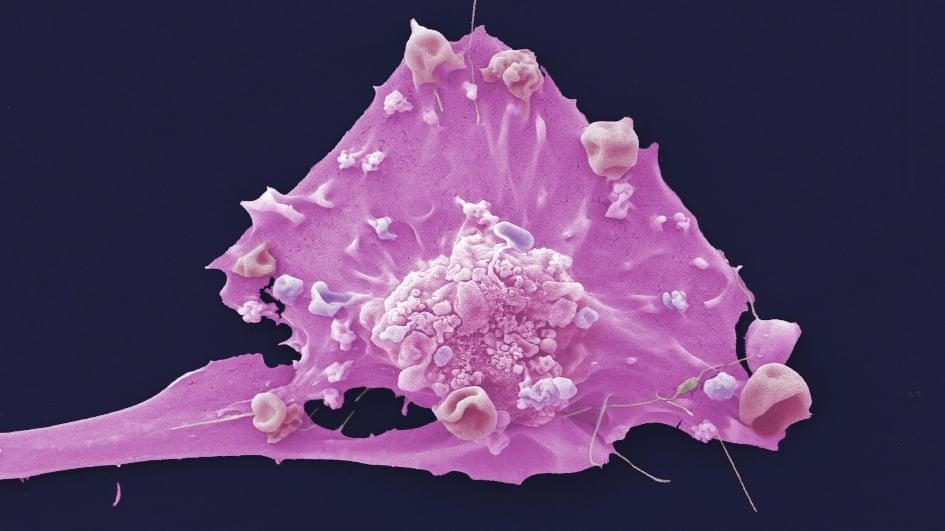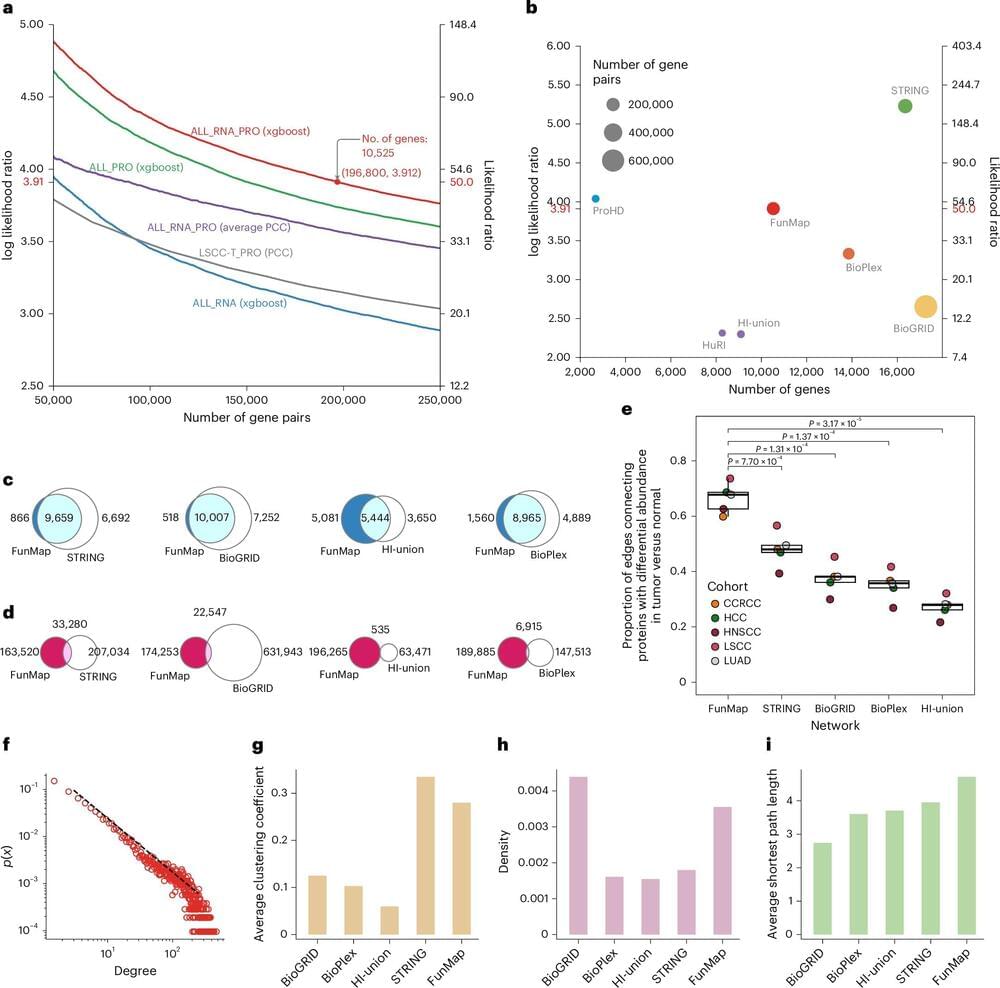Dec 12, 2024
Milestone 10-GeV experiment shines light on laser-plasma interactions
Posted by Saúl Morales Rodriguéz in categories: biotech/medical, materials
Scientists have used a pair of lasers and a supersonic sheet of gas to accelerate electrons to high energies in less than a foot. The development marks a major step forward in laser-plasma acceleration, a promising method for making compact, high-energy particle accelerators that could have applications in particle physics, medicine, and materials science.
In a new study soon to be published in the journal Physical Review Letters, a team of researchers successfully accelerated high-quality beams of electrons to more than 10 billion electronvolts (10 gigaelectronvolts, or GeV) in 30 centimeters. The preprint can be found in the online repository arXiv.
The work was led by the Department of Energy’s Lawrence Berkeley National Laboratory (Berkeley Lab), with collaborators at the University of Maryland. The research took place at the Berkeley Lab Laser Accelerator Center (BELLA), which set a world record of 8-GeV electrons in 20 centimeters in 2019. The new experiment not only increases the beam energy, but also produces high-quality beam at this energy level for the first time, paving the way for future high-efficiency machines.

